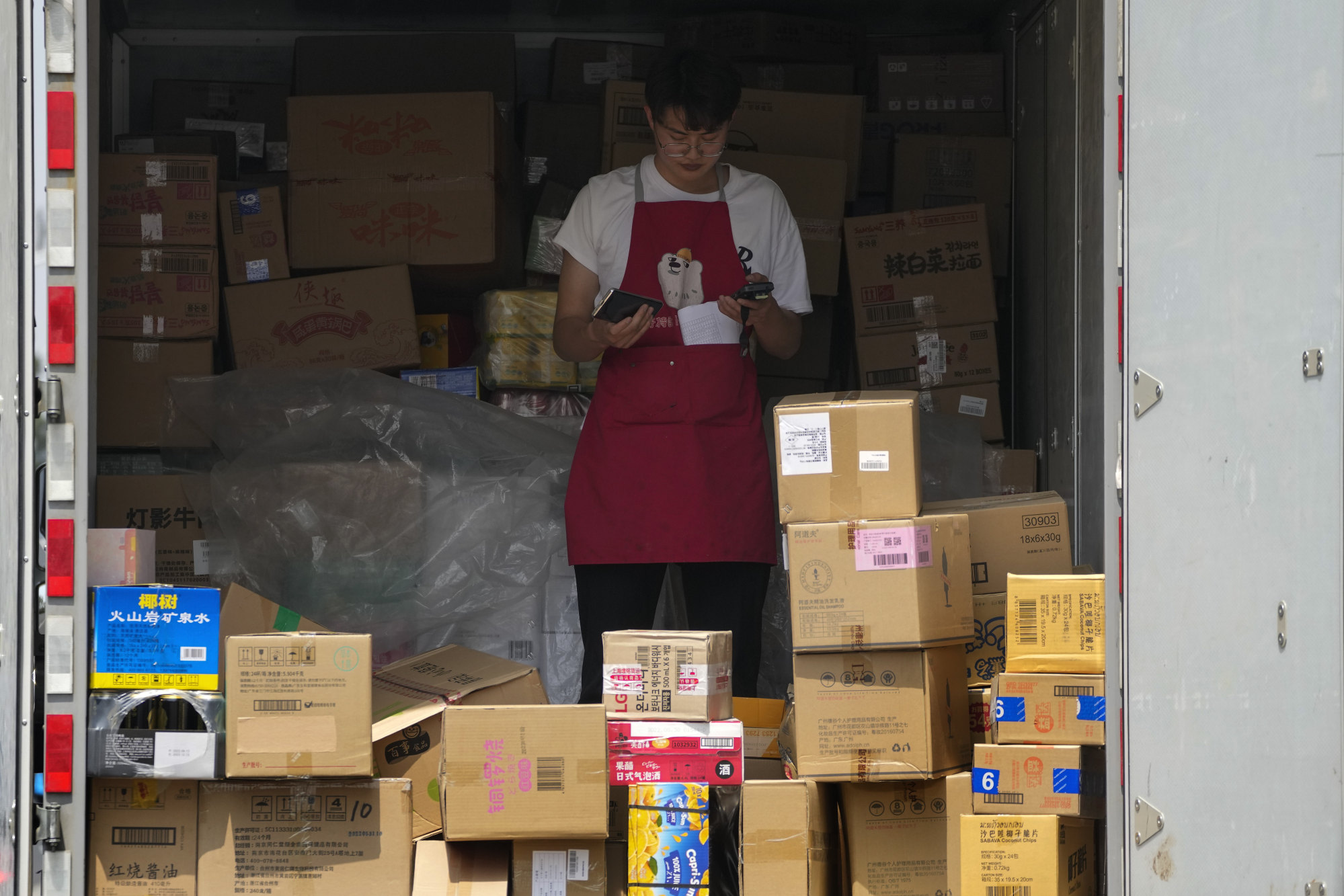JD.com, which used to limit the number of vendors on its marketplace, has opened its arms to smaller merchants selling lower-priced goods. The move could help boost JD.com’s offerings of cheaper products, but the company also needs to protect its brand image, analysts say. — SCMP
Chinese ecommerce giant JD.com is doubling down on its new low-price strategy to tap lower-tier markets amid intensified competition in the country, according to the company.
The online shopping platform has been targeting smaller merchants by allowing these “million vendors” to open stores on its platform, Wang Xiong, an executive in charge of the firm’s strategy direction, said at a press event in Beijing on Tuesday.
The move marked a departure from JD.com’s traditional business model, which sought to set itself apart from competitors by tightly controlling the number of vendors in its marketplace, many of them established domestic and global brands.
By welcoming smaller sellers onto its platform, JD.com is setting itself up for direct rivalry against Alibaba Group Holding’s Taobao, a marketplace for merchants both large and small, and PDD Holdings’ Pinduoduo, known for its cut-to-the-bone prices. Alibaba owns the South China Morning Post.
“We want our platform to cater to more consumers and more of their needs ... and to satisfy those needs, we will have to have a bigger supply [of goods],” said Wang.
JD.com’s pivot, which is set to bring more competitively-priced products to shoppers, came after the company’s billionaire founder and chairman Richard Liu Qiangdong urged its executives in a three-hour speech last November to refocus on the basics, such as lower prices and high-quality services, to win back the hearts of consumers.
Liu’s ecommerce empire, founded in 1998, has been helmed by Xu Ran, formerly its chief financial officer, since Xu Lei stepped down last month as CEO after a decade-plus-long career in the company.

A key challenge for JD.com will be to boost the supply of cheaper items on its platform, according to analysts.
JD.com’s average order value (AOV), which is the average sum spent by customers in each order, stands at 600 yuan to 700 yuan (US$84 to US$98), said Li Chengdong, founder and chief analyst at Beijing-based ecommerce consultancy Dolphin. For comparison, half of China’s population has a disposable income of less than 1,000 yuan per month, he said.
“A high AOV reflects that many products on JD.com are highly priced,” Li said.
While JD.com has spent tens of billions of yuan to expand into less-developed cities in the past few years and accumulated as much as 300 million low-income users, these users have not turned into loyal customers “because there hasn’t been enough low-price products (on the site)”, Li said.

It is “imperative” for JD.com to implement a budget-pricing strategy, said Zhang Yi, founder of Guangzhou-based internet market consultancy iiMedia.
“JD.com’s high-price items have been deterring price-sensitive consumers,” he said. However, the company must also strike a careful balance between bringing in cheaper goods and maintaining its hard-earned reputation for offering high-quality products and services, Zhang added.
“Low prices could have a huge impact on the company’s brand image. For consumers, cheaper stuff could come with insufficient warranty coverage. This could put the company in a difficult situation,” he said.
Despite the challenges, initial numbers from JD.com’s annual June 18 mega sales event showed that consumers are warming up to the platform’s new merchants. Over 60% of the site’s new merchants saw their turnover in the first 10 minutes of the event exceed their daily average in May. – South China Morning Post





